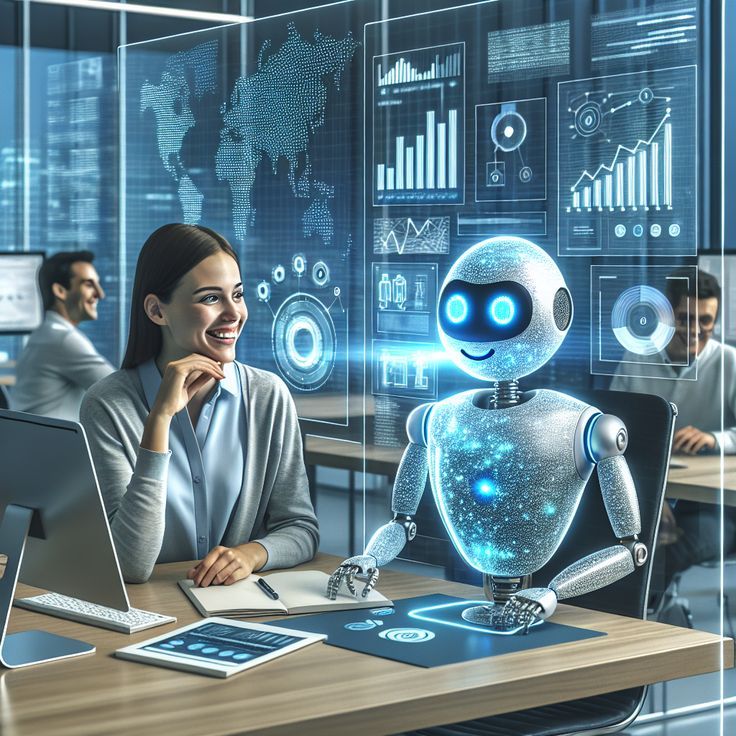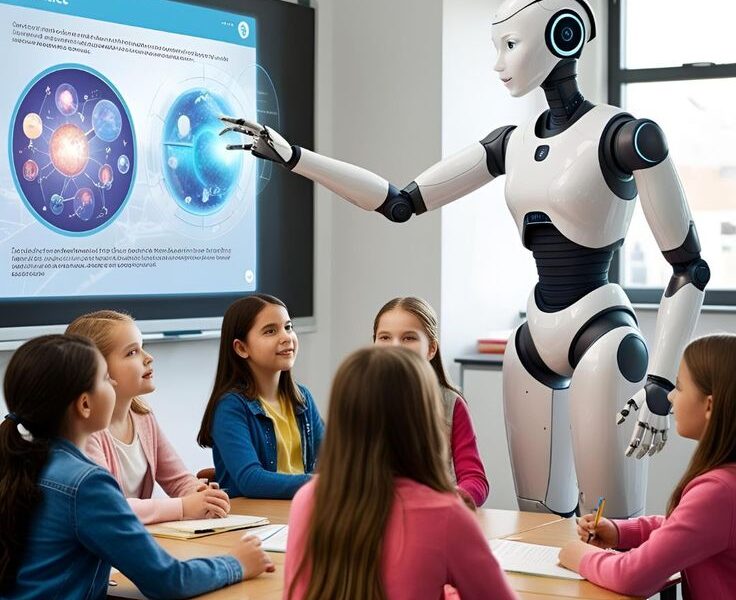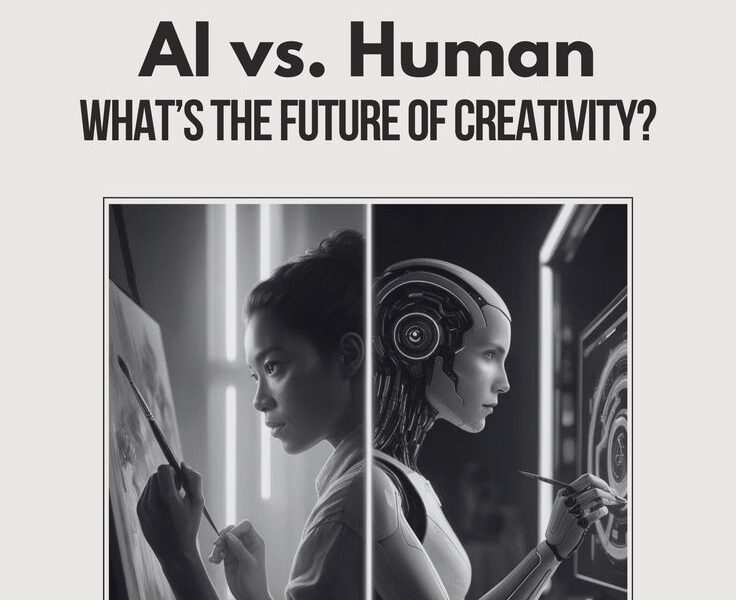**⚖️ The New Scope of Legal Responsibilities in Automated Decision-Making**

**🤖 Social Review of Automation’s Impact on Future Employment**
**🤖 Social Review of Automation’s Impact on Future Employment**
The impact of artificial intelligence and robotics on employment has opened new dimensions in global social and economic debates, equally affecting governments, industrialists, and workers. According to estimates, up to 30% of current jobs could be affected by automation in the next decade, creating deep concerns in societies. However, this transformation is not limited to job elimination but is also creating new types of employment. Fundamental changes in educational systems are needed to prepare the new generation for the AI era. Social protection systems are being reformed to protect workers during this transition period. Concepts like universal basic income are being seriously considered. New models of human-robot collaboration are being developed in the industrial sector. Discussions continue about changes in working hours and wage structures. Policies are being formulated to bridge the digital divide between rural and urban areas. The varying impacts of AI on women and minorities are being examined. Changes in job quality and work environments are being studied. The focus of all these social discussions is to ensure that technological advancement benefits all segments of society.
**🛡️ New Threats to Data Privacy and Security**
**🛡️ New Threats to Data Privacy and Security**
The proliferation of AI robotics has created new challenges in data privacy and security, leading to rapid changes in global laws and policies. The sensitivity of data collected through robotic systems has added new dimensions to privacy regulations. New legal provisions are being introduced to protect biometric data. Independent institutions are being established to monitor data usage in AI systems. New security protocols are being developed to protect AI systems against cyber attacks. Laws regarding local data storage are being modified. International negotiations are ongoing regarding cross-border data transfer regulations. Guidelines for ethical data use are being developed. Rights giving citizens control over their data are being introduced. Fines and penalties for data breaches are being increased. Privacy by design principles are being legally formalized.
**🌐 Need for International Cooperation and Standards**
**🌐 Need for International Cooperation and Standards**
The global challenges of AI robotics have opened new avenues for international cooperation, with countries developing common standards and policies. The United Nations has issued guiding principles for ethical AI use. Global trade organizations are establishing common standards for AI products. International research collaboration is being promoted. Developing countries are being assisted in accessing AI technology. Bans on AI use for global security protection are being considered. Standards for AI use in environmental protection are being established. Global protocols for AI use in healthcare are being developed. Work is underway on common standards for AI use in education.
**💡 New Trends in Ethical Framework Development**
**💡 New Trends in Ethical Framework Development**
The ethical aspects of AI robotics have given rise to new ethical frameworks globally, attempting to establish balance between human values and technology. Human-centric AI design principles are being promoted. Transparency and accountability standards are being established. Development of fair and non-discriminatory AI systems is being emphasized. Ethical principles of privacy protection are being legally formalized. Human oversight mechanisms are being established. Ethical guidelines for social welfare protection are being developed. Environmental sustainability principles are being incorporated into AI development. Ethical aspects of global cooperation are being considered.
**🔄 The Pace of Change in Legal Systems**
**🔄 The Pace of Change in Legal Systems**
The rapid development of AI robotics has forced global legal systems to change their pace, challenging traditional legislative methods. New methods of agile legislation are being introduced. Regulatory sandboxes are being established. Dynamic compliance mechanisms are being developed. International legal harmonization efforts have intensified. Public-private partnerships are being promoted. Continuous legal education programs have been initiated. Digital legal infrastructure is being invested in.
**🌍 Social Acceptance and Cultural Change**
**🌍 Social Acceptance and Cultural Change**
Social acceptance issues of AI robotics have generated new processes of cultural change, manifesting differently in various societies. Public awareness campaigns have been launched. Digital literacy programs are being expanded. AI systems are being designed considering cultural sensitivities. Intergenerational dialogues are being promoted. Ethical AI education is being incorporated into educational curricula. Public consultation processes are being strengthened.
**🚀 Policy Recommendations for the Future**
**🚀 Policy Recommendations for the Future**
Considering future challenges of AI robotics, work continues globally on policy recommendations that present a balanced and comprehensive approach. Adaptive governance models are being developed. Continuous impact assessment mechanisms are being established. Consensus on global ethical standards is being built. Inclusive policy-making processes are being promoted. AI use for achieving sustainable development goals is being considered.


